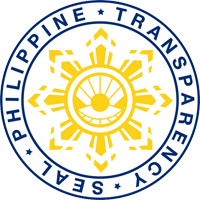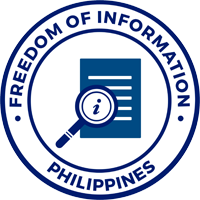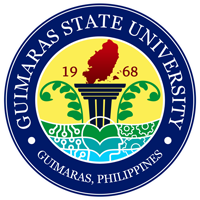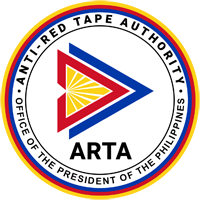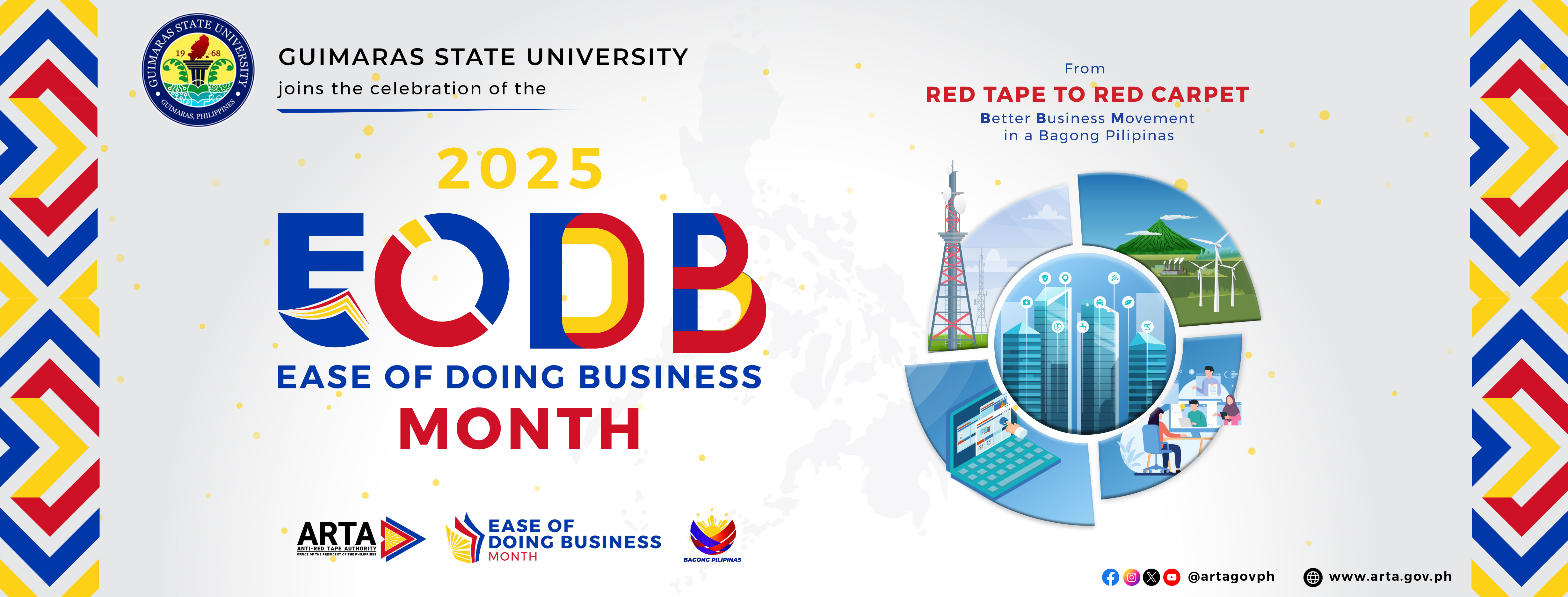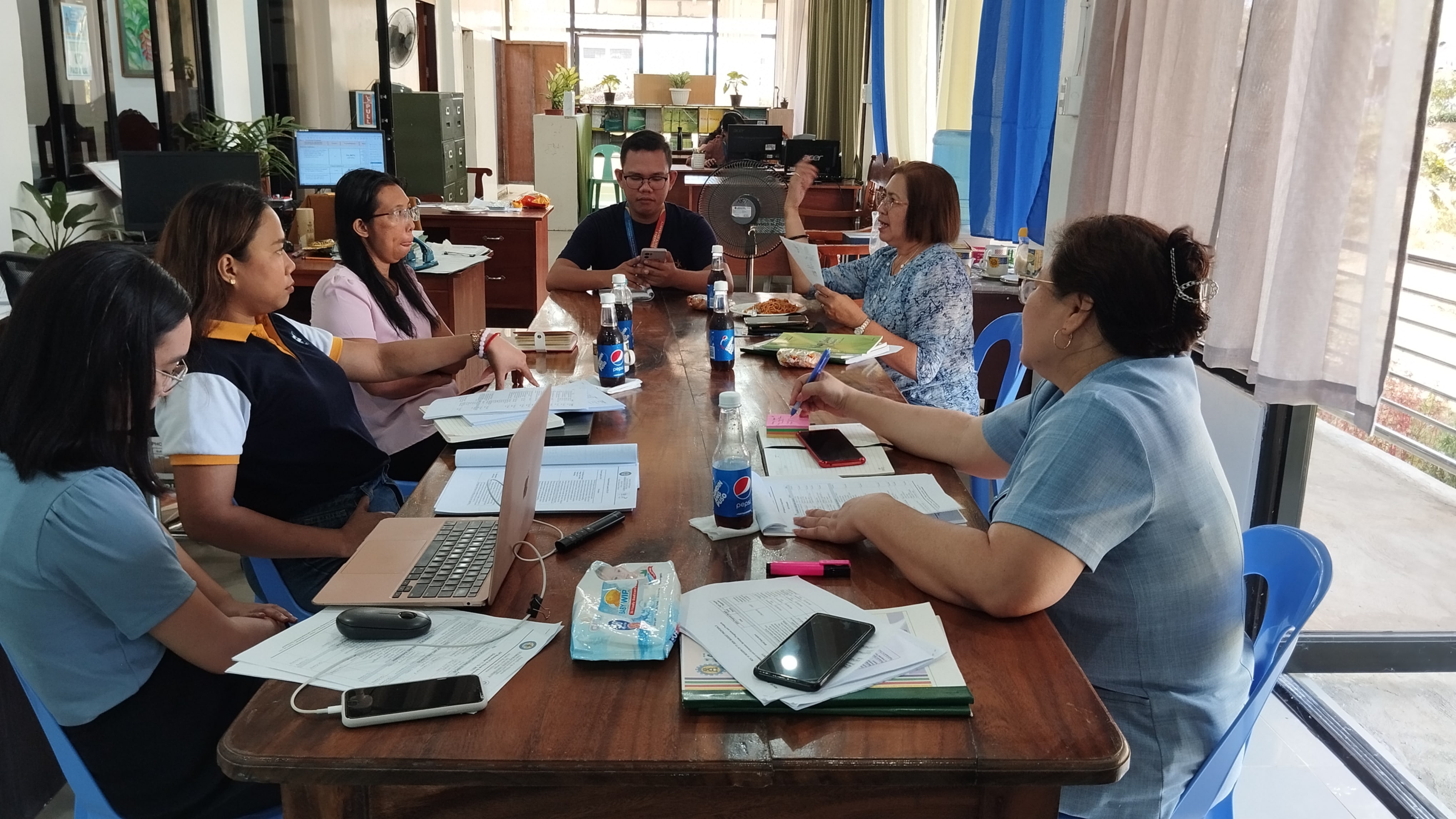
In a significant move toward advancing research and development (R&D) in Western Visayas, the Regional Research, Development, and Innovation Committee (RRDIC) of the Regional Development Council (RDC) partnered with Guimaras State University (GSU) to organize a Focus Group Discussion (FGD) aimed at shaping the region’s R&D agenda for 2023-2028. The event, held on April 19, 2023, at the Research, Extension, Training, and Innovation (RETI) Building of GSU, was designed to assess the effectiveness and impact of R&D initiatives conducted by State Universities and Colleges (SUCs) and Higher Education Institutions (HEIs) in the region.
The FGD brought together key stakeholders from various sectors to evaluate past and ongoing R&D initiatives and their contributions to regional development. The goal was to identify the strengths and challenges in current research efforts and to formulate a harmonized regional agenda that aligns with the broader goals of innovation and sustainable development.
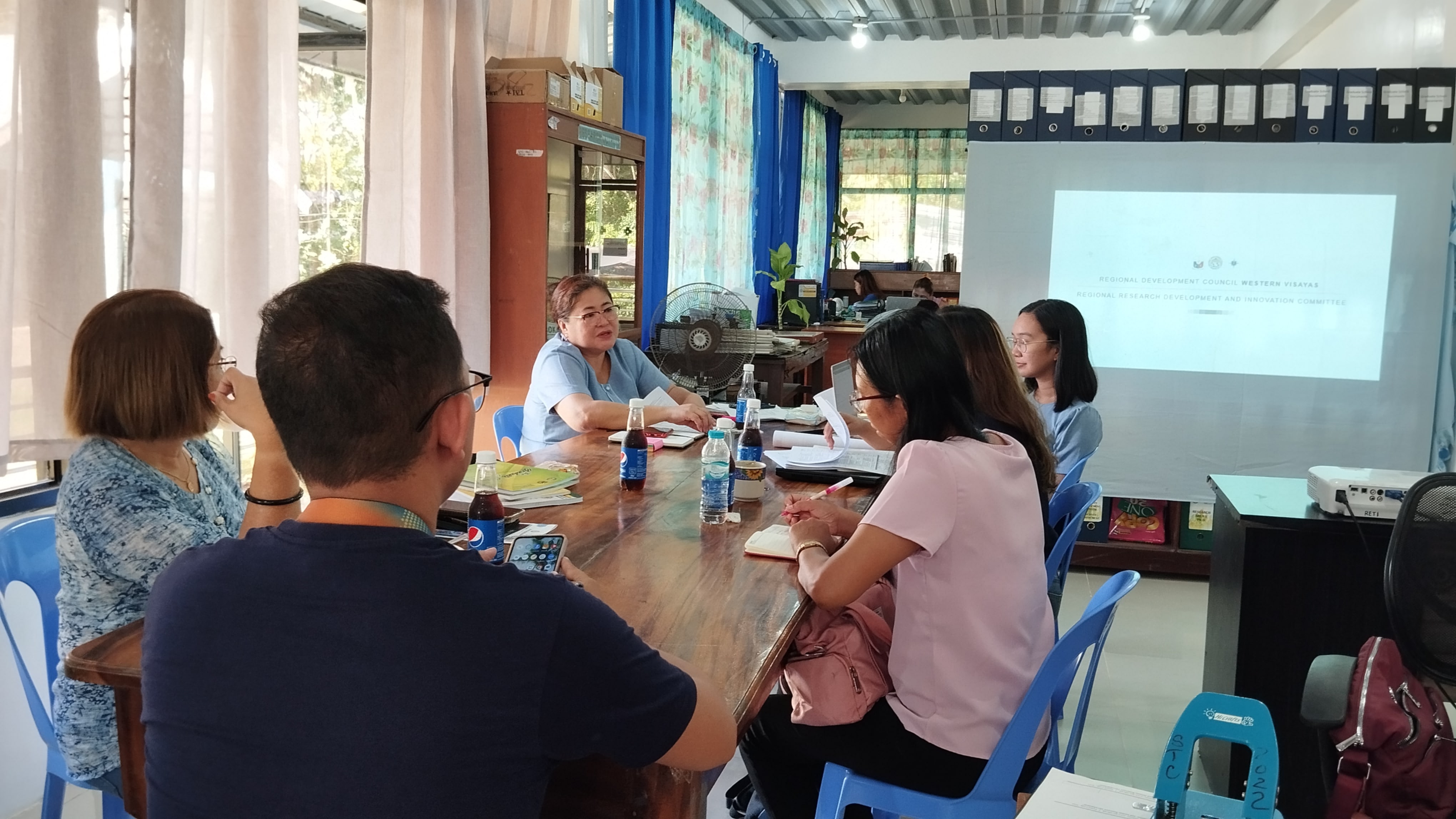
Participants included representatives from the Department of Science and Technology (DOST) Region VI, such as Ms. Keithlyn Sarah B. Bernardino, Head of R&D Management Section; Ms. Charmane B. Nochete, Project Technical Assistant at RRDIC; and Ms. Salve G. Gonzales, Project Technical Assistant 1 from DOST Guimaras. They were joined by key figures from Guimaras State University, including Dr. Julieta G. Infante (former Vice President for Research, Extension, and Training), Director Ethel P. Junco (former Director for R&D), Director Frenz Rian Gal (former Director of the Intellectual Property Management Office), and the staff of the RETI department.
The focus of the discussion was on evaluating how R&D initiatives have impacted various sectors, from education and agriculture to health and technology, in line with the United Nations’ Sustainable Development Goal (SDG) 4: Quality Education. By focusing on developing an inclusive, equitable, and quality research agenda, the FGD underscored the role of R&D in improving educational outcomes and fostering innovation within the region.
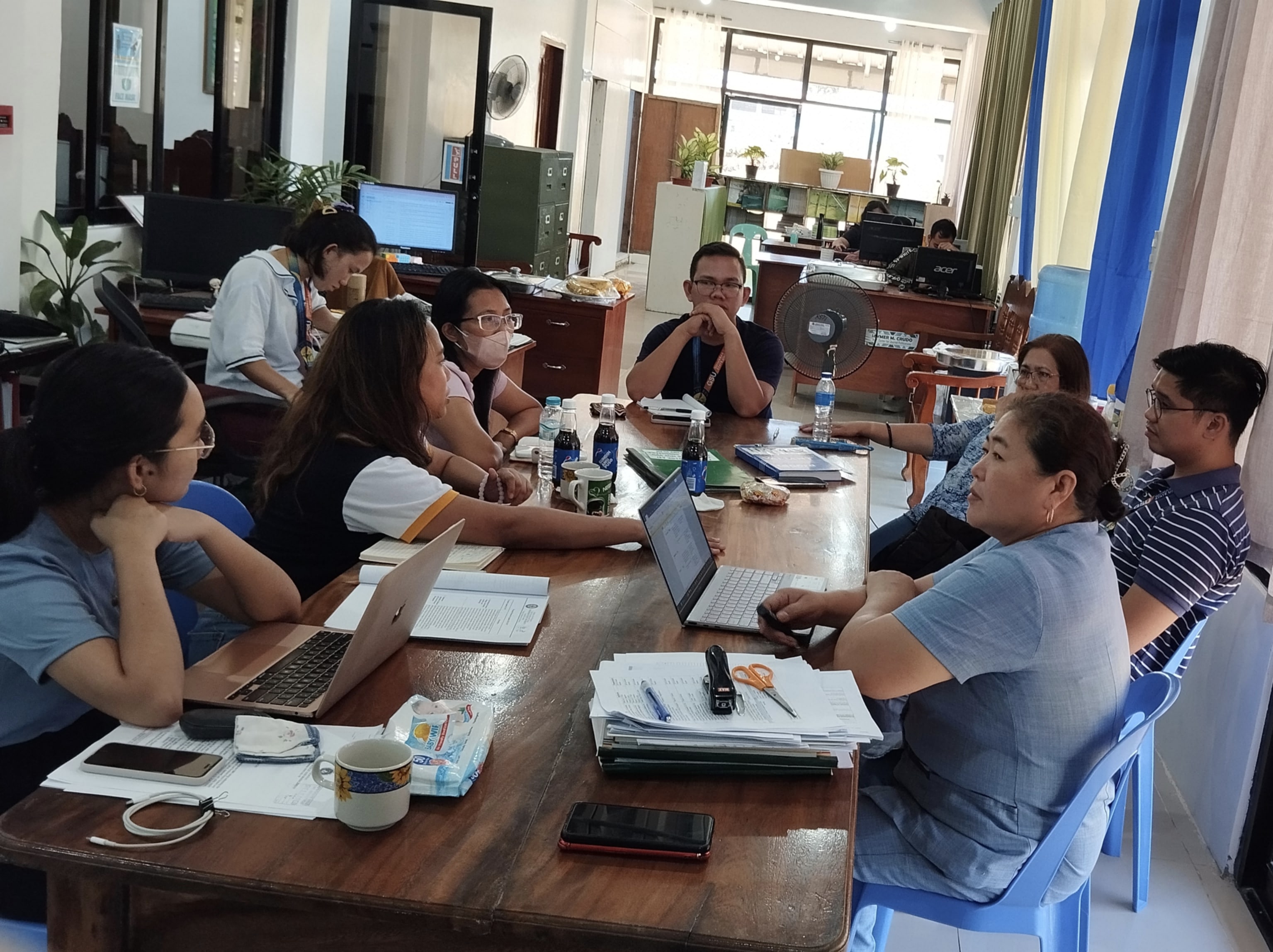
Through this collaboration, the committee aims to enhance the effectiveness of R&D efforts by aligning them with the region’s developmental priorities, thereby contributing to regional growth, social inclusion, and the achievement of SDG 4. The harmonized regional R&D agenda will serve as a guiding framework for future research and development activities across the region, ensuring that higher education institutions play an instrumental role in addressing local and global challenges.
The event successfully highlighted the importance of continuous collaboration among educational institutions, government agencies, and stakeholders to maximize the potential of R&D for sustainable development.




